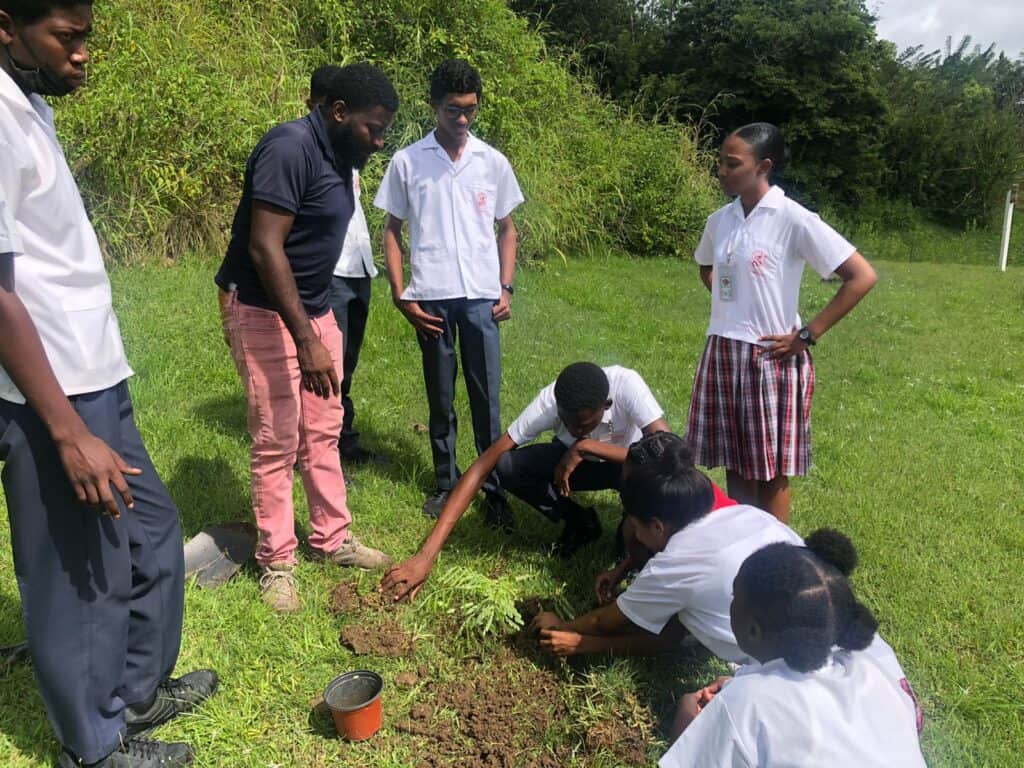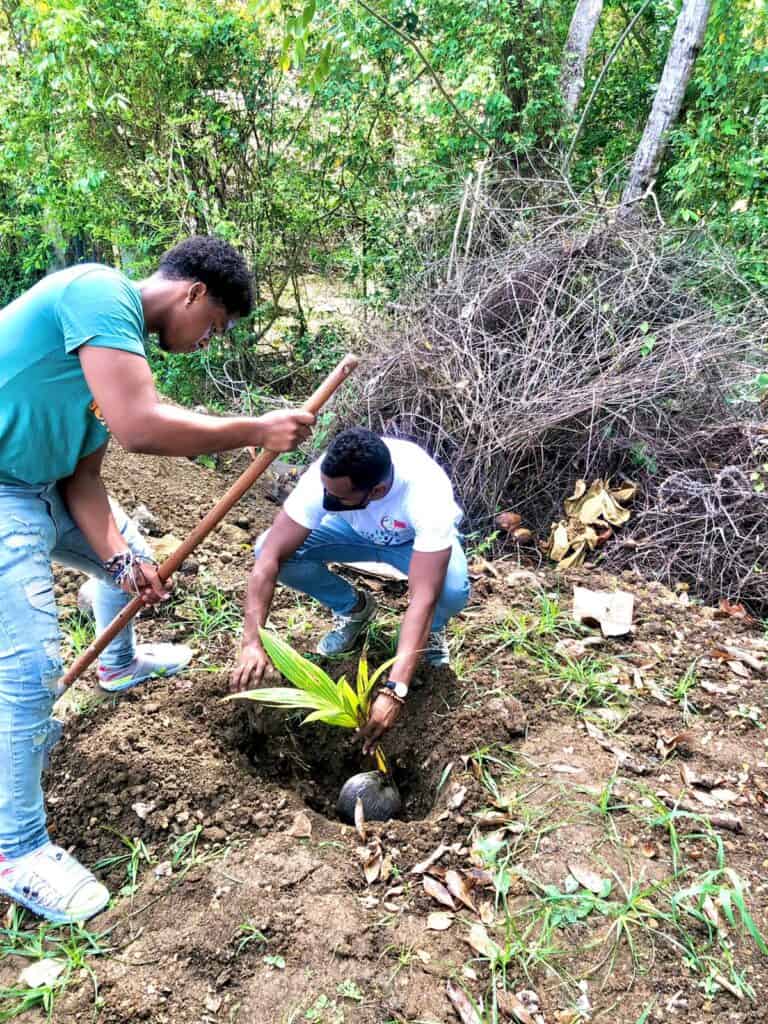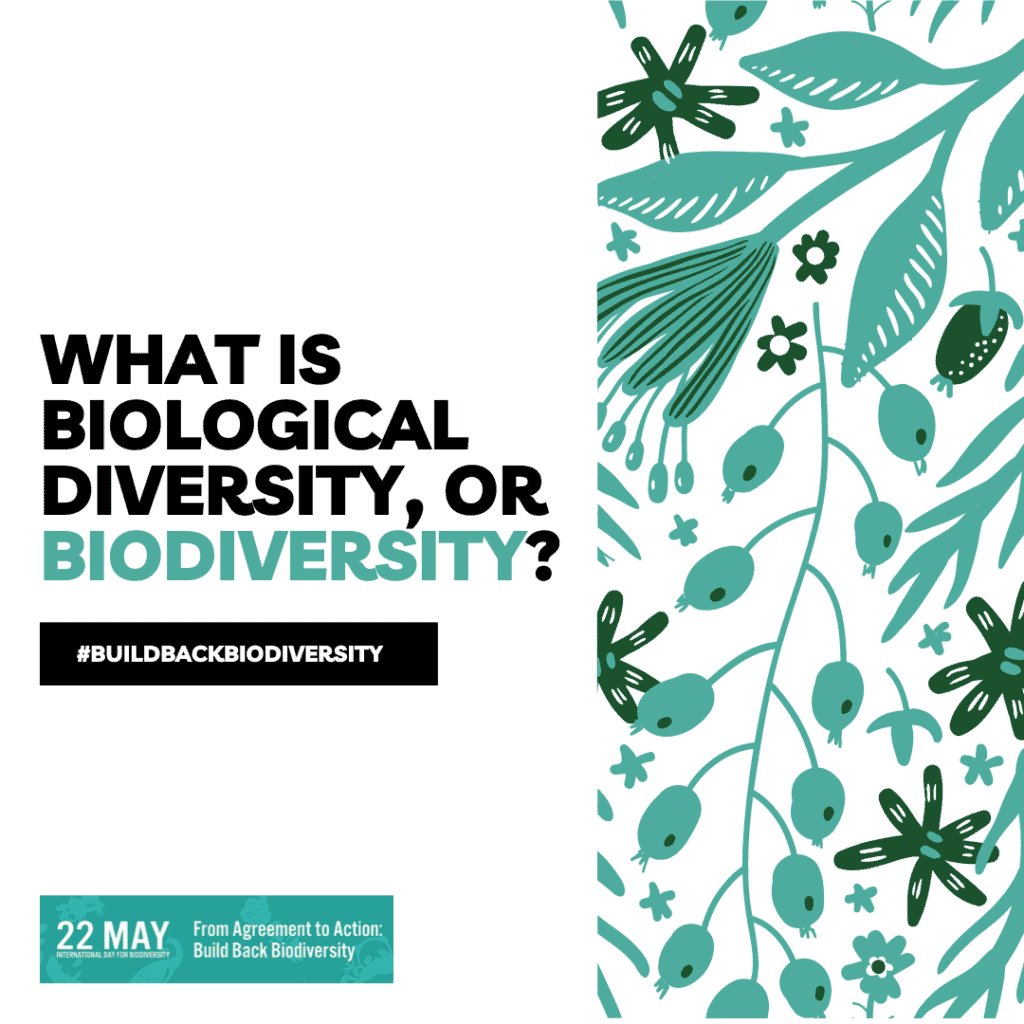Perspectives is an ongoing series by the Cari-Bois Environmental News Network which aims to give Caribbean scientists, explorers and nature enthusiasts a platform to express themselves. This latest piece was written in commemoration of International Day for Biological Diversity 2023 by benthic ecologist Attish Kanhai on behalf of Trinidad and Tobago’s Institute of Marine Affairs (IMA).
As the United Nations celebrates this year’s International Day for Biological Diversity on May 22, the call to action could not be clearer.
Themed From Agreement to Action: Build Back Biodiversity, there is a clear recognition that restoring biodiversity requires cooperation at all levels of society.
From intergovernmental agreements to personal responsibility, tackling the biodiversity crisis is not the job of any singular group of people.
While governments declare areas or species as environmentally sensitive, and work on biodiversity agreements with other nations, the engagement of NGOs and civil society organisations is critical for the success of biodiversity conservation.

Agreements and legislation are only as strong as those who are aware and respectful of them.
As such, partnerships cannot be emphasised enough when it comes to protecting biodiversity.
On an individual level, there are many ways in which people can reduce their environmental impact.
Reconnecting with nature, and encouraging others to do the same, can raise awareness for the awe-inspiring nature of biodiversity.
Being more mindful of our daily consumption patterns and waste generation is also helpful.
Reducing pollution levels and the over exploitation of natural resources can reduce the strains on biodiversity and natural resources.

Fast fashion, over-consumption of certain types of meat, and high food waste, are all unsustainable practices which have high environmental footprints that harm biodiversity.
To reduce the impact of these unsustainable practices, it is important that people strive to be more environmentally conscious consumers and get more value out of the products they buy for a longer period of time.
Being more environmentally conscious about consumption can have positive effects on biodiversity.
For example, recent “right to repair” legislation in European and North American countries go a long way in reducing the amount of electronic waste that is generated if we choose to repair our old devices rather than discard them.

Educating children about wildlife and local ecosystems can help to make our connection to the natural world clearer. It can also bring about long-term behavioural changes in future generations.
However, the weight of saving our planet should not fall solely on the younger generation.
Those in positions to make better decisions should do just that and lead by example.
The planet doesn’t belong to any one person but all those who currently inhabit it and also those who will inhabit it.
Conservation and protection are not just strategies for maintenance of the planet but necessary if we are to thrive in our habitat.

The Intergovernmental Science-Policy Platform on Biodiversity and Ecosystem Services (IPBES) Chair, Sir Robert Watson, said the health of ecosystems – on which all living things rely upon – continues to deteriorate rapidly.
In turn, Watson warns that unsustainable development and consumption is eroding the very foundation of economies, livelihoods, food security, health and quality of life worldwide.
Fish provides 20 per cent of cent of animal protein to about 3 billion people while over 80 per cent of the human diet is provided by plants.
Plants do not only function as a food source but serve medicinal purposes as well.
As many as 80 per cent of people living in rural areas in developing countries rely on traditional plant‐based medicines for basic healthcare.

Biodiversity loss means that we are also losing many plants and animals – even before they are discovered – that can provide many ecosystem services.
With deep-sea mining gaining steam, many of the unique creatures that inhabit the ocean’s depths may never see the light of day.
Biodiversity changes that may result from activities such as urbanisation, pollution, and mining, continue to disrupt ecosystems resulting in loss of life sustaining goods and services.
But enough of the problems, we’re not here to chew bubble gum but to take action.






